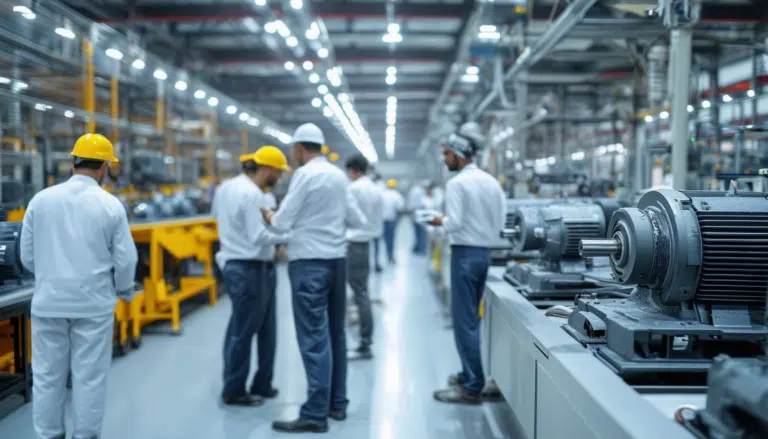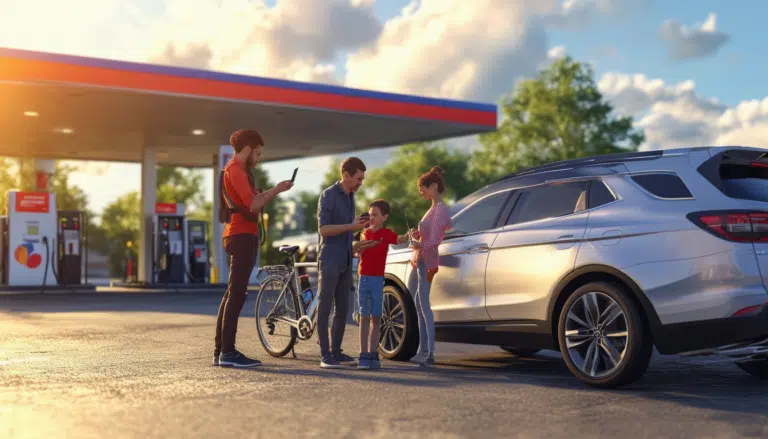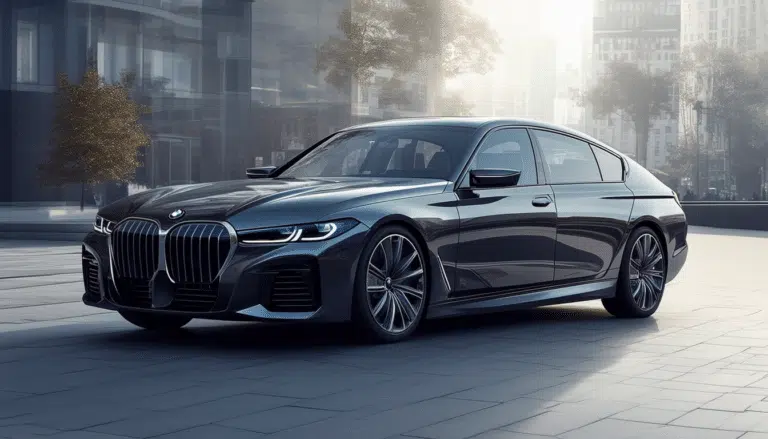News in automotive technology for fuel savings
Currently, the automotive sector faces a critical challenge: improving fuel efficiency in a context of growing concern about the environmental impact and rising energy costs. Technological innovations have transformed the way vehicles are designed and manufactured, with a focus on sustainability and emission reduction. From more advanced injection systems to the adoption of hybrid drivetrains, the industry is incorporating solutions that promise not only a significant savings in fuel but also an improvement in the driving experience. Exploring these innovations allows us to understand how advancements in automotive technology benefit both consumers and the environment.
The constant pursuit of fuel consumption efficiency has driven significant innovations in automotive technology. These innovations are designed not only to reduce operating costs of vehicles but also to minimize their environmental impact. This article explores the latest innovations that optimize the energy performance of cars and contribute to sustainable development.
Advances in hybrid and electric engines
Hybrid and electric engines have proven to be essential in the current automotive revolution. These systems use a combination of electric energy and fossil fuels, thus achieving a notable reduction in fuel consumption. For example, hybrid vehicles can save between 5% and 10% of fuel under urban traffic conditions, which also decreases greenhouse gas emissions.
Innovations in fuel injection systems
One of the most significant areas where advancements have been made is in fuel injection systems. These modern systems allow fuel to be injected more precisely into the engine, improving its efficiency. A well-maintained injection system can reduce consumption by 20-30%, highlighting the importance of regular maintenance to avoid unnecessary increases in fuel costs.
Proactive maintenance technologies
Proactive maintenance is becoming a vital strategy for fuel savings. By conducting regular inspections and keeping vehicle components in optimal condition, wear and tear that affects engine efficiency can be avoided. Thus, proper planning in maintenance can enhance fuel economy in the long term, as detailed in the following link: How proper maintenance improves fuel economy in the long term.
Use of biofuels and alternative fuels
The development and use of biofuels have gained popularity as a viable alternative to reduce fossil fuel consumption. These renewable sources not only help decrease costs but also have a lower environmental impact. By incorporating biofuels into their engines, vehicles can operate more efficiently and sustainably.
Innovations in aerodynamics and vehicle design
The design of modern vehicles has been optimized to improve aerodynamics, thereby reducing drag. A better aerodynamic coefficient translates to lower fuel consumption, especially at high speeds. Innovations in design, including SUV vehicles, are now more aware of their impact on fuel efficiency.
Efficient driving and driver assistance technology
The incorporation of smart technologies in vehicles, such as driver assistance systems, also plays a crucial role in optimizing fuel consumption. These technologies can help drivers adopt efficient driving practices, such as avoiding sudden acceleration or maintaining constant speeds, resulting in significant fuel savings.
Strategies for companies seeking to reduce fuel spending
Companies are increasingly interested in optimizing their fuel spending through the implementation of effective strategies. This includes the use of efficient vehicle fleets and the adoption of preventive maintenance practices. For more information about these strategies, the following link can be consulted: Strategies for companies seeking to reduce fuel spending.
Impact of education and awareness on fuel savings
Education and awareness about the importance of energy efficiency in the automotive sector have become crucial. Informing drivers about how their driving habits affect fuel consumption can lead to a significant change in reducing fuel expenditure. Creating family or community plans that promote sustainability can be an effective measure.
The evolution of automotive technology has opened new opportunities to improve fuel efficiency in vehicles. In recent years, the industry has worked hard to develop solutions that not only allow for better energy performance but also contribute to environmental sustainability. From more efficient engines to hybrid propulsion systems, these innovations have become fundamental pillars in the quest for more environmentally friendly transportation.
One of the most significant advancements is the implementation of direct injection technology and optimization of engines, allowing for more effective combustion. This not only results in lower fuel consumption but also reduces greenhouse gas emissions. Among other innovations, electric and hybrid vehicles have gained popularity, proving to be viable options for those looking to reduce their carbon footprint while saving on fuel costs.
Moreover, the use of lightweight materials in car manufacturing has allowed for a decrease in the total weight of vehicles, positively impacting fuel consumption. Emerging technologies, such as smart driving systems, are also revolutionizing how drivers interact with their vehicles, optimizing fuel use by suggesting more efficient driving patterns.
In the maintenance realm, it has been shown that proactive maintenance is essential to ensure optimal engine performance. Cleaning strategies and regular inspection of key components can prevent increases in fuel consumption, ensuring that cars remain in ideal conditions. In summary, innovations in automotive technology not only promise significant savings but also mark a firm step toward a more sustainable and efficient future in resource use.






